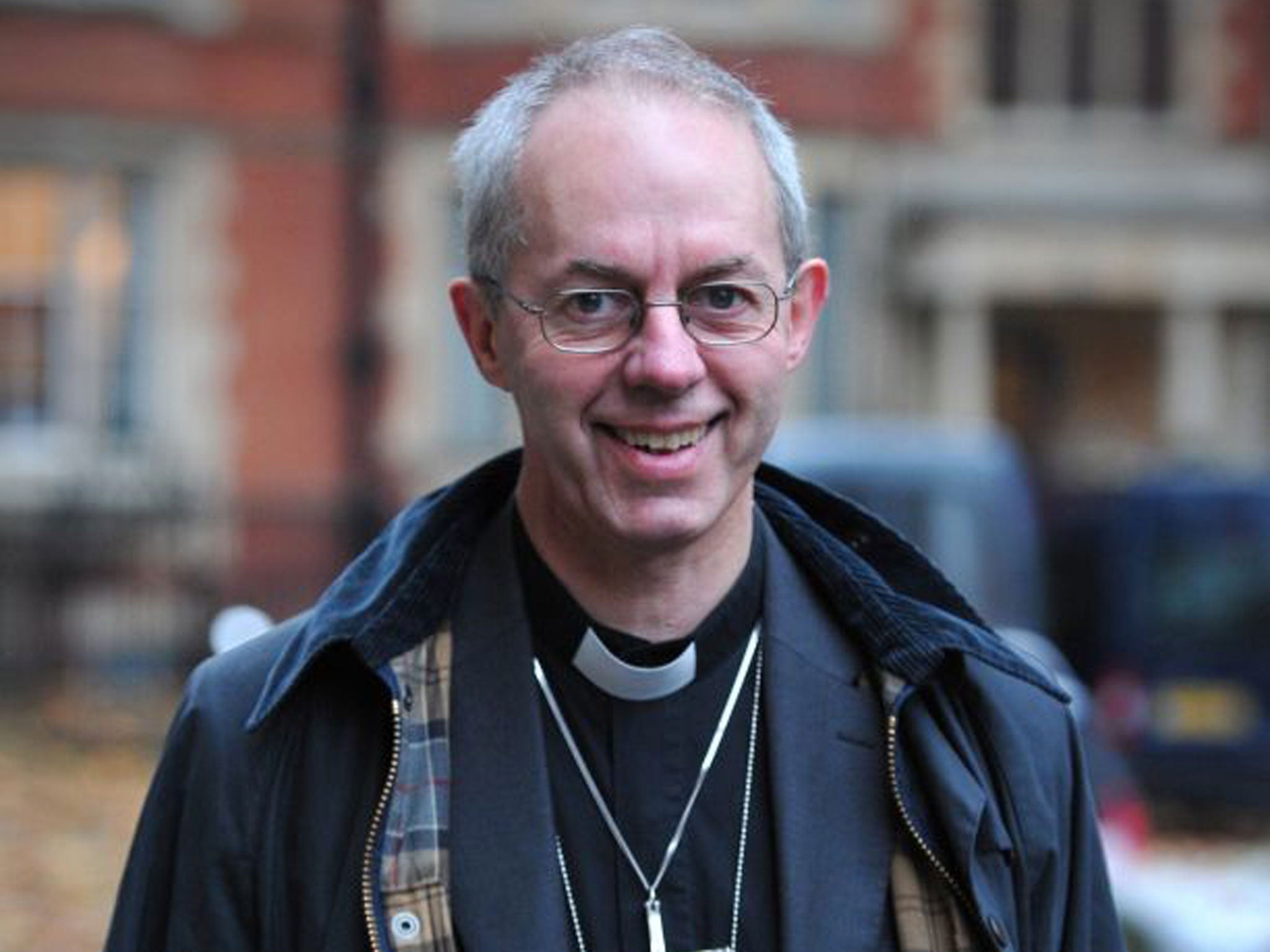Church of England brings multi-billion voting clout into play against excessive City bonuses
It will challenge entitlement culture by rejecting soaring director pay deals as the annual meeting season gets under way

The Church of England plans to use its £3 billion voting clout to tackle excessive City bonuses as it seeks to reignite last year's "shareholder spring".
The Church, which holds a significant amount of its £8 billion assets as shares in companies, said it will challenge the City's bonus entitlement culture by rejecting soaring director pay deals as the annual meeting season gets under way.
Its new policy is based on Christian principles, but the Church acknowledged there is "no direct biblical guidance" on executive remuneration.
James Featherby, chairman of the Church of England's Ethical Investment Advisory Group (EIAG), said: "We want to see lower annual bonuses and greater emphasis on rewarding executives who manage ethical, social and environmental issues well and so deliver enduring corporate success."
Last year's shareholder spring saw a number of controversial City pay deals voted down, with firms including Aviva, Prudential and Cookson feeling the wrath of investors.
The Church has big stakes in companies including Shell, Google, BP, GlaxoSmithKline and HSBC.
It only backed around a third of remuneration reports last year and has rejected pay packets at Lloyds, Barclays, Royal Bank of Scotland and HSBC for the past two years.
It declined to say if it will vote against bank pay plans again at this year's AGMs, which kick off next week with the Barclays shareholder meeting.
The Church said executive pay at FTSE 100 companies has generally lost touch with revenues, profits and shareholder returns.
It added that annual bonuses appear to be "regarded as an entitlement", which can spur short-termism.
Instead it wants companies to clearly state the highest and lowest paid staff to reduce pay inequality. The Church also called for an end to bonuses worth more than salary, except in extraordinary cases, while long-term incentives should cover five to seven-year timespans and be paid only in shares.
Its policy says: "In extreme circumstances excessive variable rewards may eat into shareholder returns, especially if a culture of entitlement or greed is fostered throughout the business.
"In egregious cases, public outrage at excess or business failings may risk a company's social licence to operate."
The EIAG oversees investments made by the Church Commissioners for England, the Church of England Pensions Board and the CBF Church of England Funds, which together hold more than £8 billion of assets. A major landlord, its property holdings include London's Hyde Park Estate.
The Church's guidelines already ban investment in areas such as high-interest lending, gambling, alcohol and pornography.
PA
Join our commenting forum
Join thought-provoking conversations, follow other Independent readers and see their replies
Comments